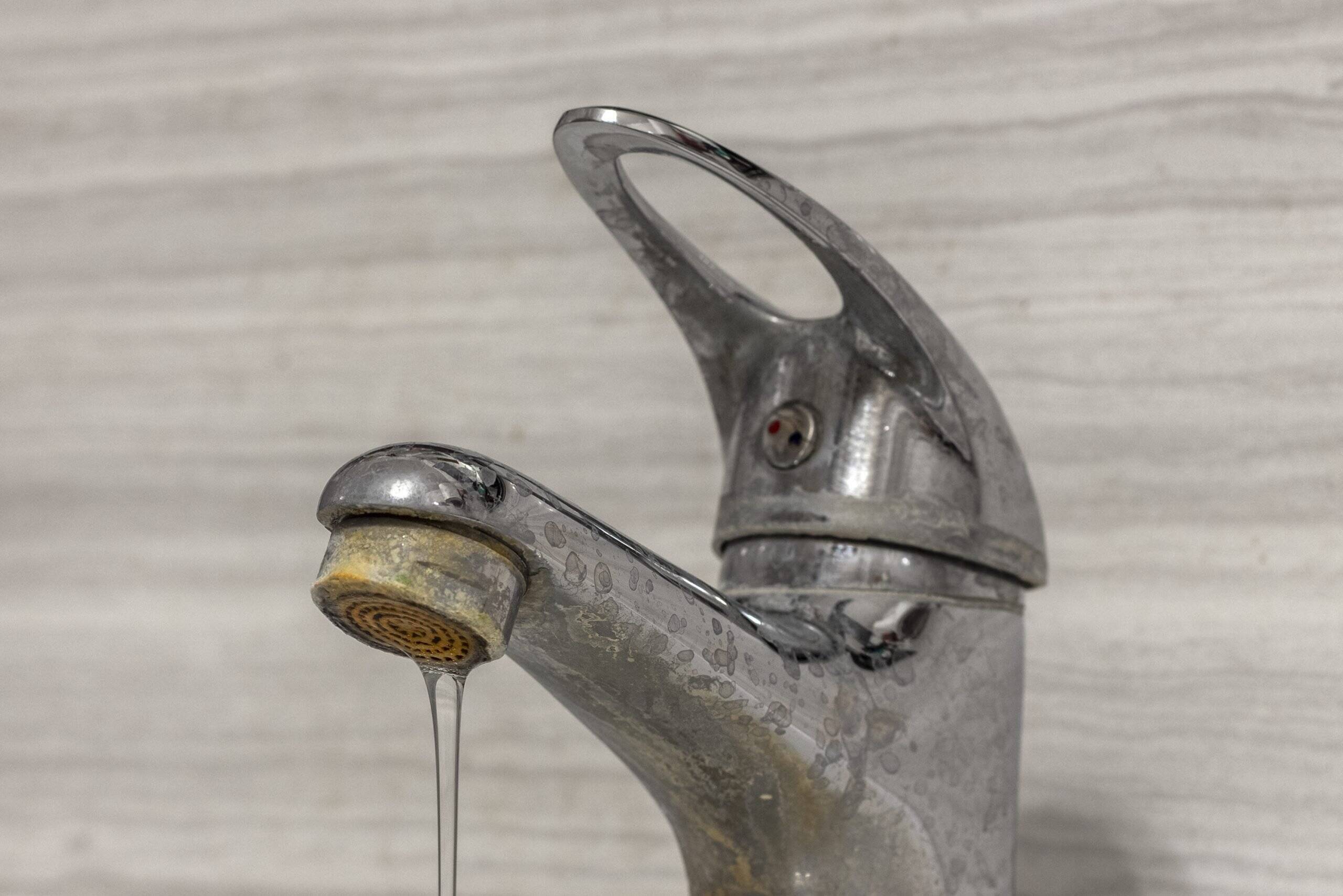

Articles
How To Remove Hard Water From Faucet
Modified: December 7, 2023
Learn effective methods to remove hard water from your faucet with these informative articles. Say goodbye to unsightly mineral deposits and enjoy clean, clear water.
(Many of the links in this article redirect to a specific reviewed product. Your purchase of these products through affiliate links helps to generate commission for Storables.com, at no extra cost. Learn more)
Introduction
Having clean, clear water flowing from your faucet is something we often take for granted. However, many households across the world face the issue of hard water, which can cause various problems in plumbing systems and appliances. If you’re experiencing issues with your faucet due to hard water, don’t worry – there are solutions available to help you remove it and improve the performance of your faucet.
In this article, we’ll discuss what hard water is, the causes of hard water in faucets, the signs of hard water buildup, and most importantly, the methods to remove hard water from your faucet. By understanding the different ways to combat hard water, you can restore the functionality of your faucet and enjoy clean, clear water once again.
So, let’s dive in and explore the world of hard water and how to combat it!
Key Takeaways:
- Say goodbye to hard water woes with natural solutions like vinegar, lemon juice, and baking soda, or opt for commercial cleaners and water softeners to restore your faucet’s functionality and appearance.
- Recognize the signs of hard water buildup and take preventive measures to remove mineral deposits, improve water flow, and extend the lifespan of your fixtures. Utilize safe cleaning methods and consult professionals when needed.
Read more: How To Remove Hard Water Stains From Glass
What is Hard Water?
Hard water is a common issue that arises when water contains a high mineral content, specifically calcium and magnesium. These minerals naturally occur in water sources like rivers, lakes, and underground springs. When water passes through rocks and soil, it picks up these minerals, resulting in the formation of hard water.
The hardness of water is determined by the concentration of these minerals. Water with a high mineral content is considered hard, while water with a low mineral content is considered soft. The hardness of water is typically measured in grains per gallon (GPG) or parts per million (PPM).
When hard water is used, it can leave mineral deposits, known as limescale or scale, behind on surfaces such as faucets, sinks, showerheads, and pipes. Over time, these mineral deposits can build up and cause blockages, decrease water flow, and even lead to plumbing issues.
Additionally, hard water can have some negative effects on our daily lives. It can make it difficult to rinse off soap, leaving a residue on the skin and hair. It can also affect the performance and lifespan of appliances such as dishwashers, washing machines, and water heaters, as the mineral deposits can accumulate and hinder their functionality.
Fortunately, there are several methods available to remove hard water from your faucet, which we will discuss in detail later in this article. These methods aim to minimize or eliminate the concentration of minerals in the water, allowing you to enjoy cleaner and more efficient water flow from your faucet.
Causes of Hard Water in Faucets
The presence of hard water in faucets can be attributed to various factors. Understanding the causes can help you identify the source of the problem and take appropriate measures to address it. Here are some common causes of hard water in faucets:
- Natural Mineral Deposits: As mentioned earlier, hard water occurs when water comes into contact with minerals such as calcium and magnesium. These minerals are naturally present in the rocks and soil that the water passes through, thereby leading to hard water.
- Geographical Location: The hardness of water can vary depending on the region and geological composition of the area. Certain areas are more prone to having hard water due to the mineral content in their water sources.
- Public Water Treatment Systems: In some cases, hard water may be caused by the water treatment process carried out by public water systems. While these systems aim to remove impurities from the water, they may not always eliminate the mineral content responsible for hard water.
- Private Well Water: If you have a private well, the presence of hard water in your faucets can be attributed to the mineral content in your well water. Well water is not subjected to the same treatment processes as public water sources, so the mineral concentration may be higher.
- Old Plumbing Systems: Aging plumbing systems can contribute to the problem of hard water. Over time, mineral deposits can build up in the pipes, resulting in reduced water flow and increased likelihood of scale buildup on faucets and fixtures.
Identifying the cause of hard water in your faucets can help determine the severity of the problem and guide you in choosing the most suitable method for removing hard water. It is also important to note that the hardness of water can vary from one household to another, even within the same geographical area.
Signs of Hard Water Buildup
Hard water buildup can manifest in various ways, and recognizing the signs is crucial in addressing the issue promptly. Here are some common signs that indicate the presence of hard water in your faucets:
- Limescale Deposits: One of the most noticeable signs of hard water buildup is the presence of limescale or mineral deposits on faucets, showerheads, and other fixtures. These deposits appear as a white, chalky substance that accumulates over time. They can be stubborn to remove and can affect the appearance and performance of your fixtures.
- Stained or Discolored Fixtures: Hard water can leave behind stains or discoloration on your faucets and fixtures. This is particularly evident in areas where water is in constant contact, such as around the base of the faucet or in the sink basin. These stains can be difficult to remove and may require specialized cleaning methods.
- Reduced Water Flow: Over time, the mineral deposits from hard water can accumulate in the pipes and restrict the flow of water. This can result in reduced water pressure and a sluggish flow from your faucets. If you notice a significant decrease in water flow, particularly in older homes with outdated plumbing systems, hard water buildup could be the culprit.
- Difficulty in Lathering Soap: Hard water has a higher mineral content, which can interfere with the lathering ability of soap and detergents. If you find it challenging to produce a rich lather and notice that soap doesn’t rinse off easily, it could indicate the presence of hard water.
- Appliance Performance Issues: Hard water can have a negative impact on the performance and efficiency of appliances such as dishwashers, washing machines, and water heaters. The mineral deposits can clog the internal mechanisms, reduce their efficiency, and even shorten their lifespan. If you frequently experience issues with your appliances, hard water buildup might be to blame.
Recognizing these signs of hard water buildup can help you take appropriate measures to remove the hard water and address the underlying issues. By doing so, you can improve the functionality of your faucets, extend the lifespan of your appliances, and enjoy better water quality in your home.
Methods to Remove Hard Water From Faucet
If you’re dealing with hard water in your faucets, there are several effective methods you can employ to remove the mineral buildup and restore the functionality of your fixtures. Let’s explore some of these methods:
- Vinegar Solution: Vinegar is a versatile household ingredient that can be used to remove hard water deposits. Create a solution by mixing equal parts white vinegar and water. Soak a cloth or sponge in the solution and then wrap it around the affected faucet area. Leave it on for a few hours or overnight, allowing the vinegar to dissolve and loosen the mineral deposits. Afterward, scrub the area gently with a brush or toothbrush, and rinse thoroughly.
- Lemon Juice Solution: Lemon juice can also be an effective natural remedy for removing hard water buildup. Squeeze fresh lemon juice onto a cloth or sponge and apply it to the affected faucet surfaces. Allow the lemon juice to sit for a while to break down the mineral deposits. Then, use a brush to scrub the area and rinse well.
- Baking Soda Solution: Baking soda is another readily available product that can help eliminate hard water stains. Make a paste by mixing baking soda with enough water to create a spreadable consistency. Apply the paste to the affected areas and let it sit for some time. Gently scrub the surface using a brush or cloth, then rinse thoroughly.
- Commercial Hard Water Cleaners: There are numerous commercial cleaners specifically designed to tackle hard water buildup. These products often contain acidic ingredients that can effectively dissolve mineral deposits. Follow the instructions provided on the cleaner’s packaging for the best results, and be sure to wear gloves and work in a well-ventilated area.
- Using a Water Softener: Installing a water softener in your home is a long-term solution to combat hard water. A water softener is a device that removes calcium and magnesium ions from the water supply, preventing their buildup and the subsequent problems associated with hard water. Consult a professional to determine the best water softener system for your household’s needs.
When implementing any of these methods, it’s essential to follow the instructions carefully and take necessary precautions to protect yourself and your fixtures. It’s also worth considering preventive measures to minimize future hard water buildup, such as regular cleaning and maintenance, using water filters, or installing water conditioners.
By utilizing these methods and taking preventive measures, you can effectively remove hard water from your faucet and ensure the longevity and optimal performance of your fixtures.
Method 1: Vinegar Solution
The vinegar solution is a popular and effective method for removing hard water deposits from faucets. Vinegar, specifically white vinegar, acts as a natural acid that can dissolve the mineral buildup and restore the shine to your fixtures. Here’s how to use the vinegar solution:
- Start by creating a vinegar solution. Mix equal parts of white vinegar and water in a container or bowl. For a stronger solution, you can use pure white vinegar.
- Soak a clean cloth or sponge in the vinegar solution. Ensure that the cloth or sponge is saturated but not dripping.
- Wrap the cloth or sponge around the affected area of the faucet. You can secure it with a rubber band or string to keep it in place.
- Leave the vinegar-soaked cloth or sponge on the faucet for a few hours or overnight. This allows the vinegar to penetrate and dissolve the mineral deposits.
- After the designated time, remove the cloth or sponge from the faucet.
- Use a soft brush or toothbrush to gently scrub the loosened mineral deposits. Pay extra attention to the areas with stubborn buildup.
- Rinse the faucet thoroughly with water to remove any vinegar residue. Wipe the surface dry with a clean cloth.
It’s important to note that while vinegar is an effective cleaner, it may not remove severe or long-standing hard water buildup completely. In such cases, you may need to repeat the process multiple times or consider using a commercial cleaner specifically formulated for hard water deposits.
When working with vinegar or any cleaning solution, it’s advisable to wear gloves to protect your hands. Additionally, make sure the area is well-ventilated to avoid inhaling strong vinegar fumes.
Using the vinegar solution regularly can help prevent future hard water deposits and keep your faucets looking clean and functioning optimally.
Use a mixture of equal parts white vinegar and water to soak a cloth and wrap it around the faucet. Let it sit for 30 minutes, then scrub with a toothbrush and rinse with water.
Method 2: Lemon Juice Solution
If you prefer a natural alternative to remove hard water deposits from your faucets, using a lemon juice solution can be an effective method. Lemon juice contains citric acid, which helps break down mineral buildup and leaves a fresh scent behind. Here’s how you can use the lemon juice solution to remove hard water stains:
- Squeeze fresh lemon juice into a bowl or container. You can also use bottled lemon juice, but fresh lemon juice is often more potent.
- Soak a clean cloth or sponge in the lemon juice. Make sure the cloth or sponge is thoroughly saturated with the lemon juice.
- Apply the lemon juice-soaked cloth or sponge directly to the areas with hard water stains on the faucet. Press it firmly against the stains to ensure good contact.
- Let the lemon juice sit on the stains for about 15-30 minutes. This allows the citric acid in the lemon juice to break down the mineral deposits.
- After the designated time, use a soft brush or toothbrush to gently scrub the area. The mineral deposits should start to loosen and come off more easily.
- Rinse the faucet thoroughly with water to remove any lemon juice residue. Wipe the surface dry with a clean cloth.
It’s worth noting that while lemon juice is generally safe to use on most fixtures, it’s always a good idea to test the solution on a small, inconspicuous area first to ensure it does not cause any damage or discoloration.
In addition to removing hard water stains, lemon juice can also leave a pleasant scent behind, providing a refreshing finish to your cleaning process.
While the lemon juice solution can be effective for mild to moderate hard water deposits, it may not be as potent as other commercial cleaners for severe buildup. If you’re dealing with stubborn stains, multiple applications or the use of specialized cleaners may be necessary.
Using the lemon juice solution regularly can help keep your faucets clean and free from hard water stains, while also providing a natural and fresh scent.
Method 3: Baking Soda Solution
Baking soda, also known as sodium bicarbonate, is a versatile and affordable household ingredient that can be used to remove hard water stains from faucets effectively. It has mild abrasive properties that help scrub away mineral deposits without causing damage to the surfaces. Here’s how you can create and use a baking soda solution to tackle hard water stains:
- In a bowl or container, mix baking soda with enough water to create a paste-like consistency. Start with a small amount of water and gradually add more if needed.
- Dampen a cloth or sponge and apply the baking soda paste to it.
- Gently rub the cloth or sponge with the baking soda paste onto the hard water stains on the faucet. Make sure to cover the stained areas thoroughly.
- Allow the baking soda paste to sit on the stains for about 15-30 minutes. This gives the baking soda enough time to penetrate and soften the mineral deposits.
- Using a soft brush or toothbrush, scrub the stained areas in a circular motion. The mild abrasiveness of the baking soda will help dislodge the buildup.
- Rinse the faucet thoroughly with water to remove any residual baking soda and loosened mineral deposits. Wipe the surface dry with a clean cloth.
Baking soda is a gentle yet effective cleaner, making it suitable for most types of fixtures. However, it’s still a good idea to test the baking soda solution on a small, inconspicuous area to ensure compatibility and avoid any potential damage.
In addition to its cleaning properties, baking soda also helps eliminate unpleasant odors that may accompany hard water stains.
Please note that while baking soda can remove mild to moderate hard water stains, it may not be as effective on severe or stubborn buildup. In such cases, you may need to try multiple applications or consider using a commercial cleaner specifically formulated for hard water deposits.
Using the baking soda solution regularly can help prevent future staining and keep your faucets looking clean and shiny.
Method 4: Commercial Hard Water Cleaners
If you’re dealing with stubborn hard water stains on your faucets, commercial hard water cleaners can be an effective solution. These cleaners are specifically formulated to break down and remove mineral deposits, providing a powerful and efficient cleaning option. Here’s how you can use commercial hard water cleaners to tackle hard water buildup:
- Choose a commercial hard water cleaner that is suitable for your specific fixture and stain type. Read the instructions and warnings provided on the cleaner’s packaging carefully before use.
- Wear gloves and work in a well-ventilated area to protect yourself from any potentially harmful chemicals.
- Apply the hard water cleaner directly to the affected areas of the faucet. Follow the instructions provided on the product for the appropriate amount to use.
- Allow the cleaner to sit on the stains for the recommended amount of time. This typically ranges from a few minutes to several hours, depending on the severity of the stains.
- Using a soft brush or scrubbing sponge, gently scrub the stained areas, focusing on loosening and removing the mineral buildup.
- Rinse the faucet thoroughly with water to remove any residual cleaner and dislodged mineral deposits. Ensure that all traces of the cleaner are completely rinsed off.
- Wipe the faucet dry with a clean cloth to prevent water spots or streaks from forming.
It’s crucial to follow the instructions provided by the manufacturer of the hard water cleaner to achieve the best results. Be mindful of any safety precautions mentioned, such as wearing protective gear or avoiding contact with certain surfaces.
Commercial hard water cleaners are designed to be powerful, but it’s always a good practice to test the cleaner on a small, inconspicuous area of the faucet before applying it to the entire surface. This will help ensure compatibility and prevent any unexpected damage or adverse reactions.
Remember, it’s essential to store and handle these cleaners according to the manufacturer’s instructions to maintain their effectiveness and safety.
By using commercial hard water cleaners, you can effectively remove stubborn hard water stains and restore the shine and cleanliness of your faucets.
Method 5: Using a Water Softener
If you’re dealing with persistent hard water issues in your faucets, using a water softener can provide a long-term solution. A water softener is a system that works by removing the minerals responsible for hard water, such as calcium and magnesium ions. Here’s how you can use a water softener to combat hard water:
- Consult with a professional plumber or water treatment specialist to determine the best type and size of water softener for your specific needs.
- Install the water softener system in your home, following the manufacturer’s instructions and any local plumbing codes or regulations.
- Connect the water softener system to your main water supply line. This will ensure that all water entering your home is treated and softened.
- Regularly maintain the water softener system by replenishing the salt or resin used for the softening process, as recommended by the manufacturer.
- Monitor the performance of the water softener and periodically check the hardness of your water to ensure effective softening.
- Enjoy the benefits of softened water, which includes reduced mineral buildup in your faucets, improved lathering of soaps and shampoos, and increased efficiency and lifespan of your appliances.
It’s important to note that installing and maintaining a water softener system may require professional assistance, especially if you’re unfamiliar with plumbing or water treatment systems. Hiring a qualified plumber or water treatment specialist will ensure proper installation and optimal performance of the water softener.
Keep in mind that while a water softener is an effective long-term solution, it can be a costly investment. Consider your specific needs, budget, and the extent of your hard water issues before deciding to install a water softener.
By using a water softener, you can permanently address the problem of hard water in your faucets, providing you with consistently soft and mineral-free water throughout your home.
Precautions to Take When Removing Hard Water
When removing hard water from your faucets, it’s important to take certain precautions to ensure your safety and protect your fixtures. Here are some precautions to keep in mind:
- Wear Protective Gloves: When using any cleaning solutions or commercial cleaners, it’s advisable to wear protective gloves to protect your skin from potential irritants or chemicals.
- Work in a Well-Ventilated Area: Whether you’re using vinegar, lemon juice, baking soda, or commercial cleaners, make sure to work in a well-ventilated area. Open windows or turn on exhaust fans to dissipate any fumes or odors.
- Follow Instructions: Read and follow the instructions provided on the cleaning product packaging or the method you’re using. Different methods may have specific recommendations on the concentration of solutions, application duration, and safety precautions. Adhering to these instructions will ensure effective and safe results.
- Test in a Small Area: Before applying any cleaning solutions, test them in a small, inconspicuous area of the faucet or fixture. This will help you determine if the solution is compatible and won’t cause any damage or discoloration.
- Avoid Harsh Abrasives: While it may be tempting to use abrasive materials or scrubbers to remove hard water deposits, it’s important to avoid harsh abrasives. These can scratch or damage the surface of your fixtures, leading to permanent damage and making it easier for future mineral buildup to occur.
- Rinse Thoroughly: After applying any cleaning solution or method, rinse the faucet thoroughly with clean water. This will remove any residue or loose mineral deposits that may remain after the cleaning process.
- Follow Maintenance Guidelines: If you have a water softener system or any other water treatment system, be sure to follow the manufacturer’s maintenance guidelines. Regularly check and replenish salt, resin, or any other components necessary for the smooth functioning of the system.
- Consult a Professional: If you’re unsure about the severity of the hard water problem or how to safely remove it, consider consulting a professional plumber or water treatment specialist. They can assess your specific situation and guide you in the most appropriate and effective course of action.
By following these precautions, you can safely and effectively remove hard water from your faucets while preventing damage to your fixtures and ensuring personal safety.
Conclusion
Dealing with hard water in your faucets can be frustrating, but fortunately, there are several methods available to remove it and restore the functionality and appearance of your fixtures. From natural solutions like vinegar, lemon juice, and baking soda, to commercial hard water cleaners and water softeners, you have options to suit your preferences and the severity of the hard water buildup.
Understanding the causes and signs of hard water buildup can help you identify the problem early on. Whether it’s natural mineral deposits, geographical location, or old plumbing systems, being aware of these factors allows you to take appropriate measures to address the issue effectively.
When removing hard water, it’s essential to take precautions to protect yourself and your fixtures. Wearing gloves, working in a well-ventilated area, and following instructions are crucial for your safety and the best results. Testing cleaning solutions in inconspicuous areas and avoiding harsh abrasives will help preserve the integrity of your fixtures throughout the cleaning process.
By implementing these methods and precautions, you can remove hard water buildup, eliminate limescale deposits, and improve the performance of your faucets. Not only will this enhance the appearance of your fixtures, but it will also prevent issues like reduced water flow and appliance damage caused by mineral buildup.
Remember, prevention is key in maintaining a clean and functioning faucet. Regular cleaning, maintenance, and the use of water filters or conditioners can help minimize future hard water buildup and prolong the lifespan of your fixtures.
So, don’t let hard water get in the way of enjoying clean, clear water from your faucets. Explore the methods mentioned in this article, choose the one that suits your needs, and take the necessary steps to remove hard water and preserve the quality and performance of your faucets for years to come.
Frequently Asked Questions about How To Remove Hard Water From Faucet
Was this page helpful?
At Storables.com, we guarantee accurate and reliable information. Our content, validated by Expert Board Contributors, is crafted following stringent Editorial Policies. We're committed to providing you with well-researched, expert-backed insights for all your informational needs.
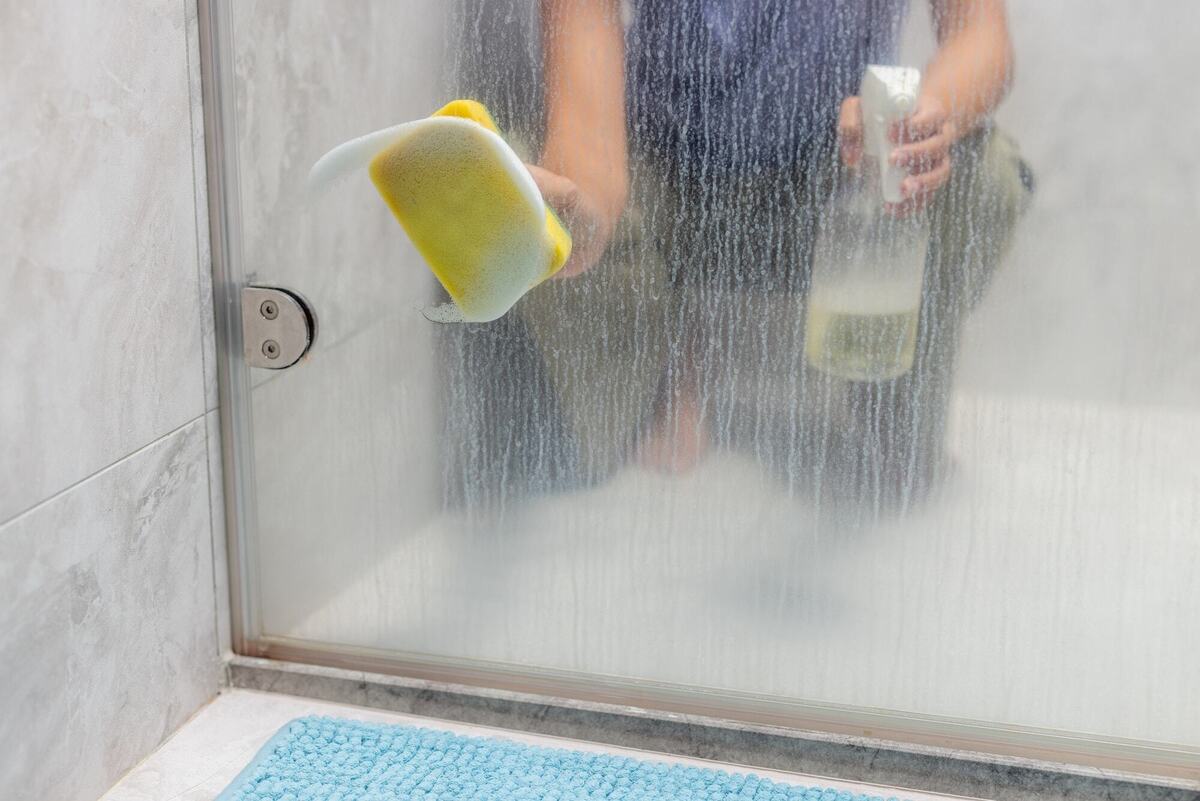
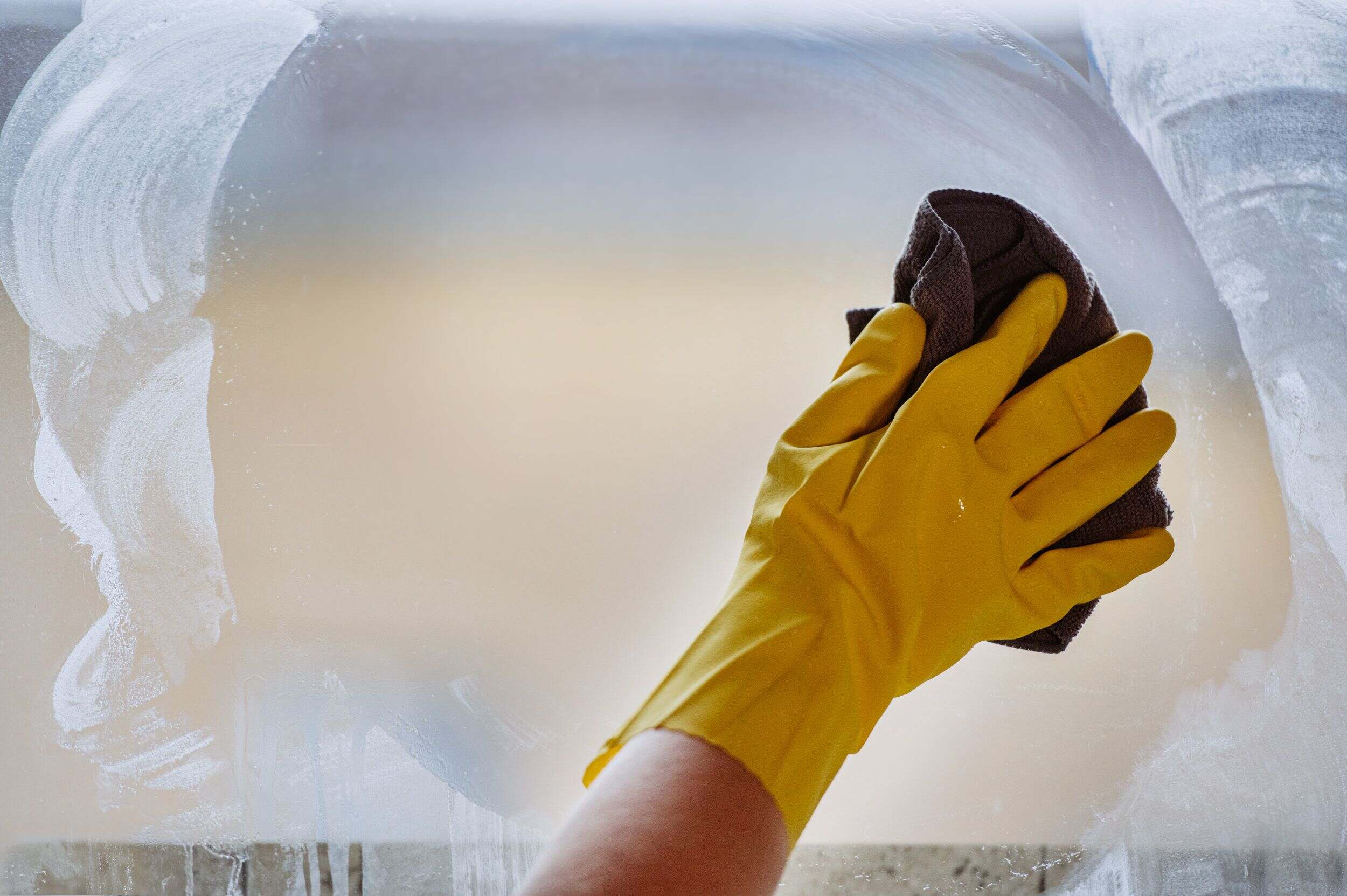
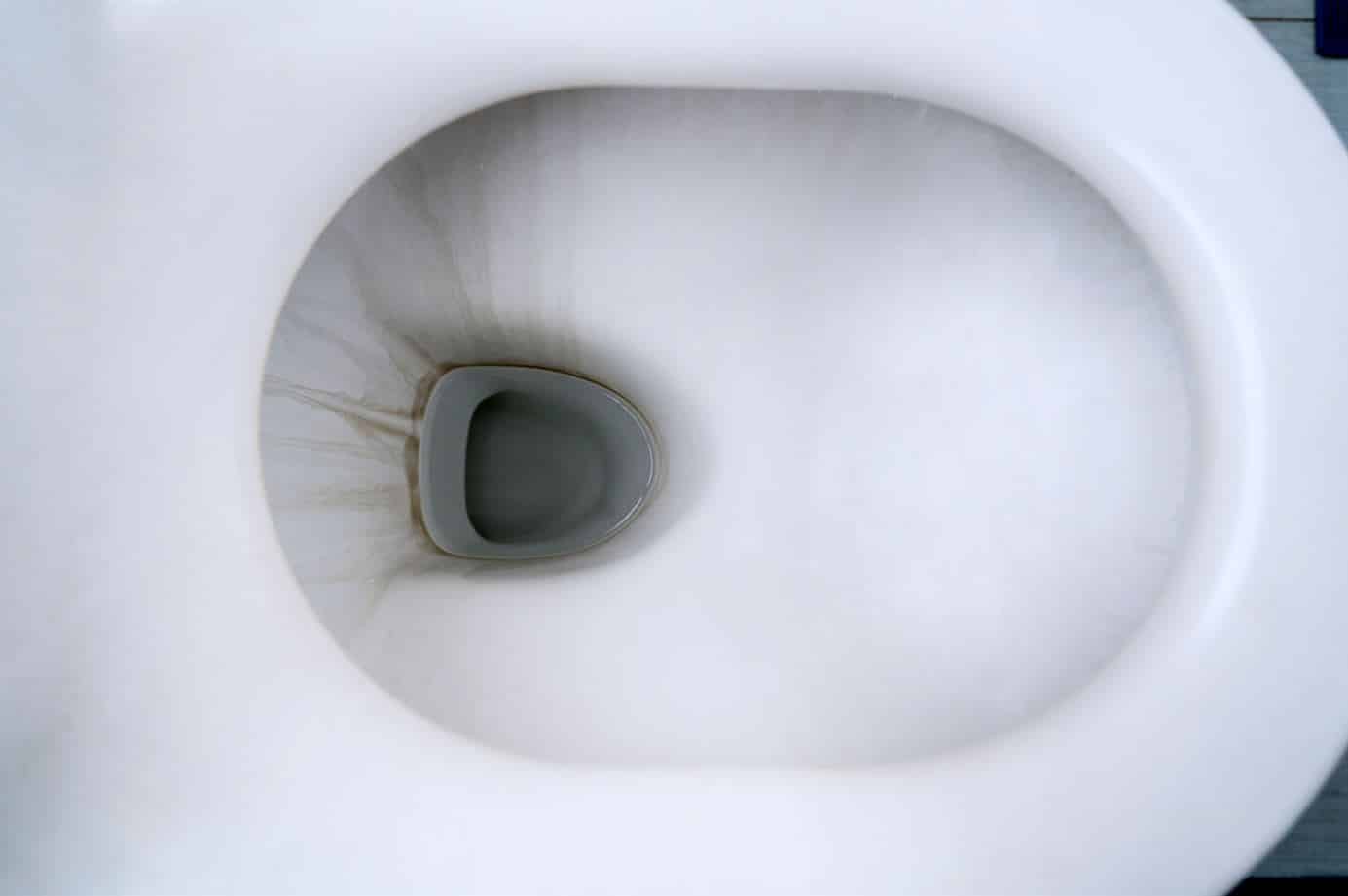
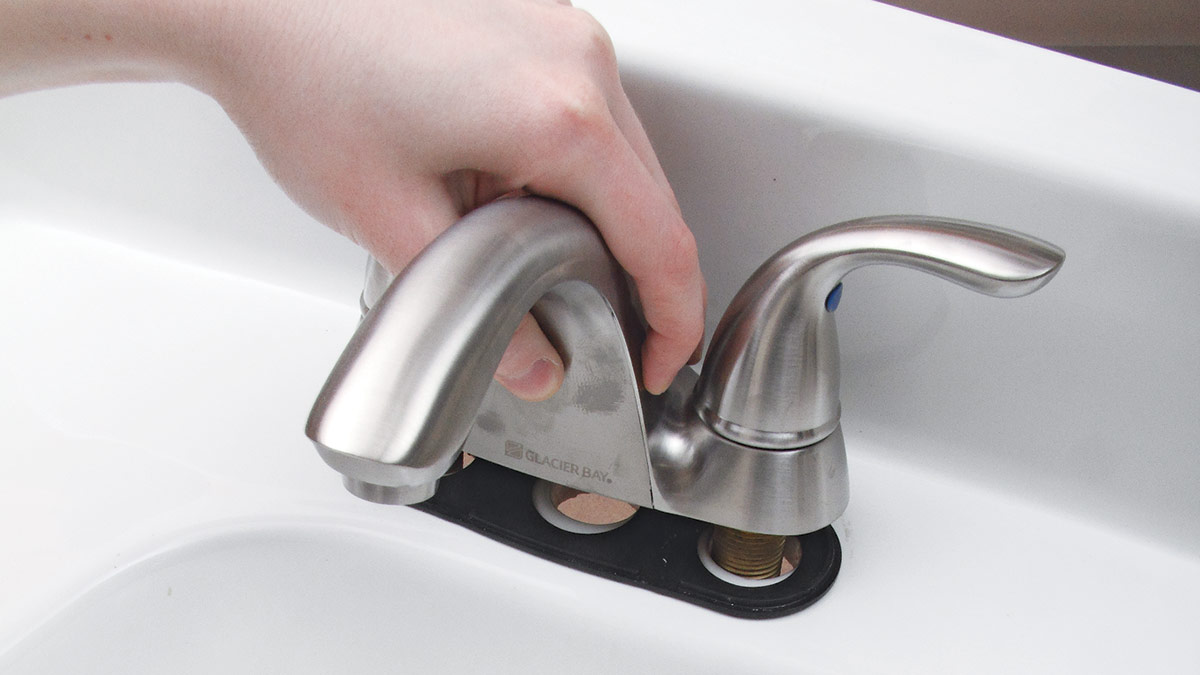
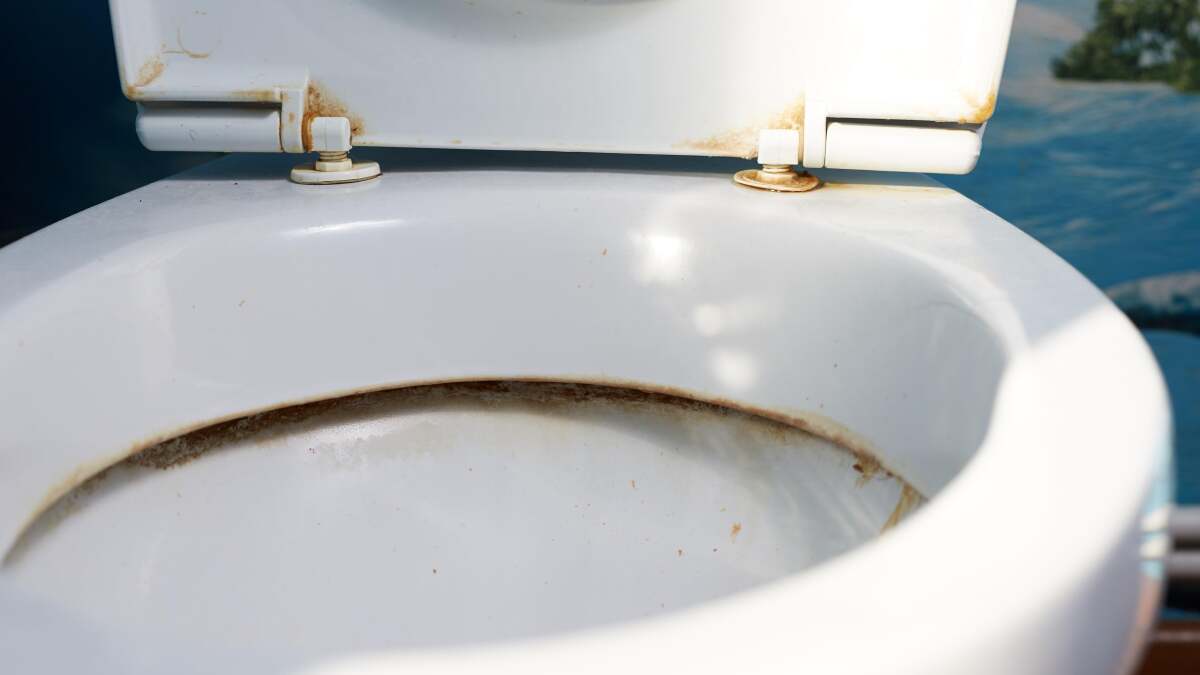
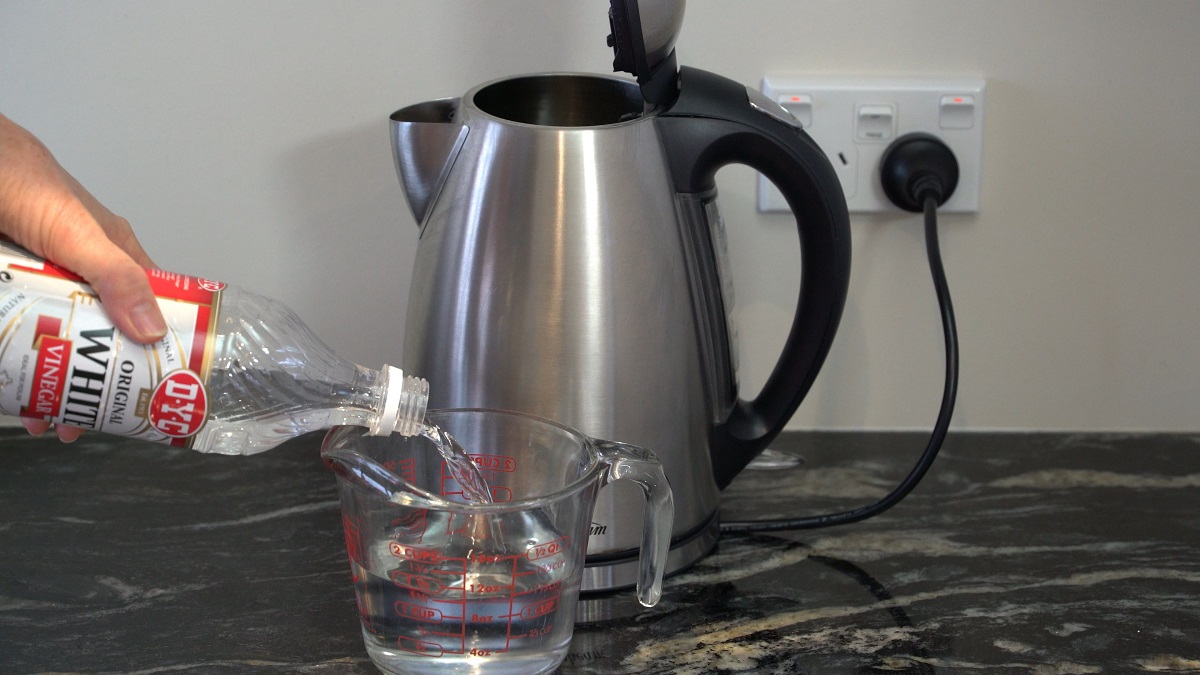
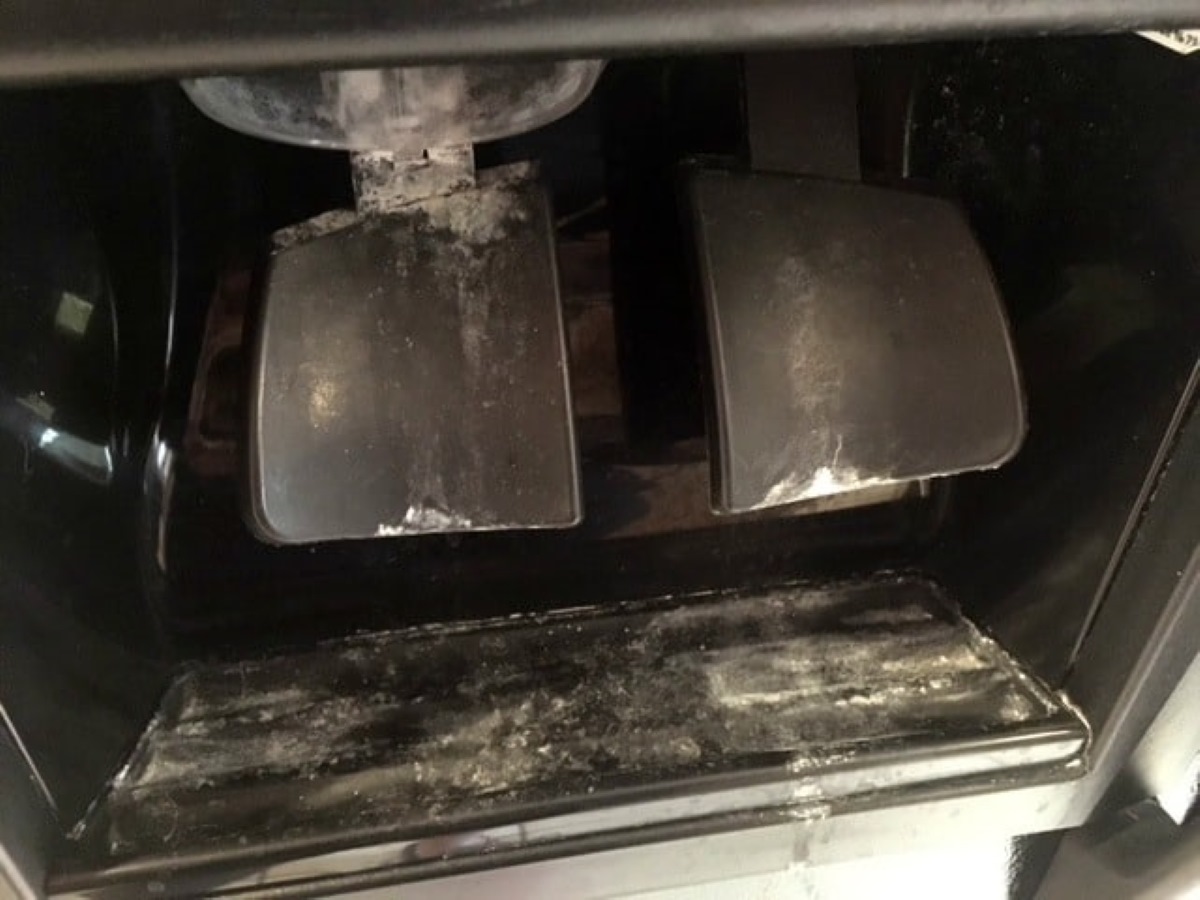
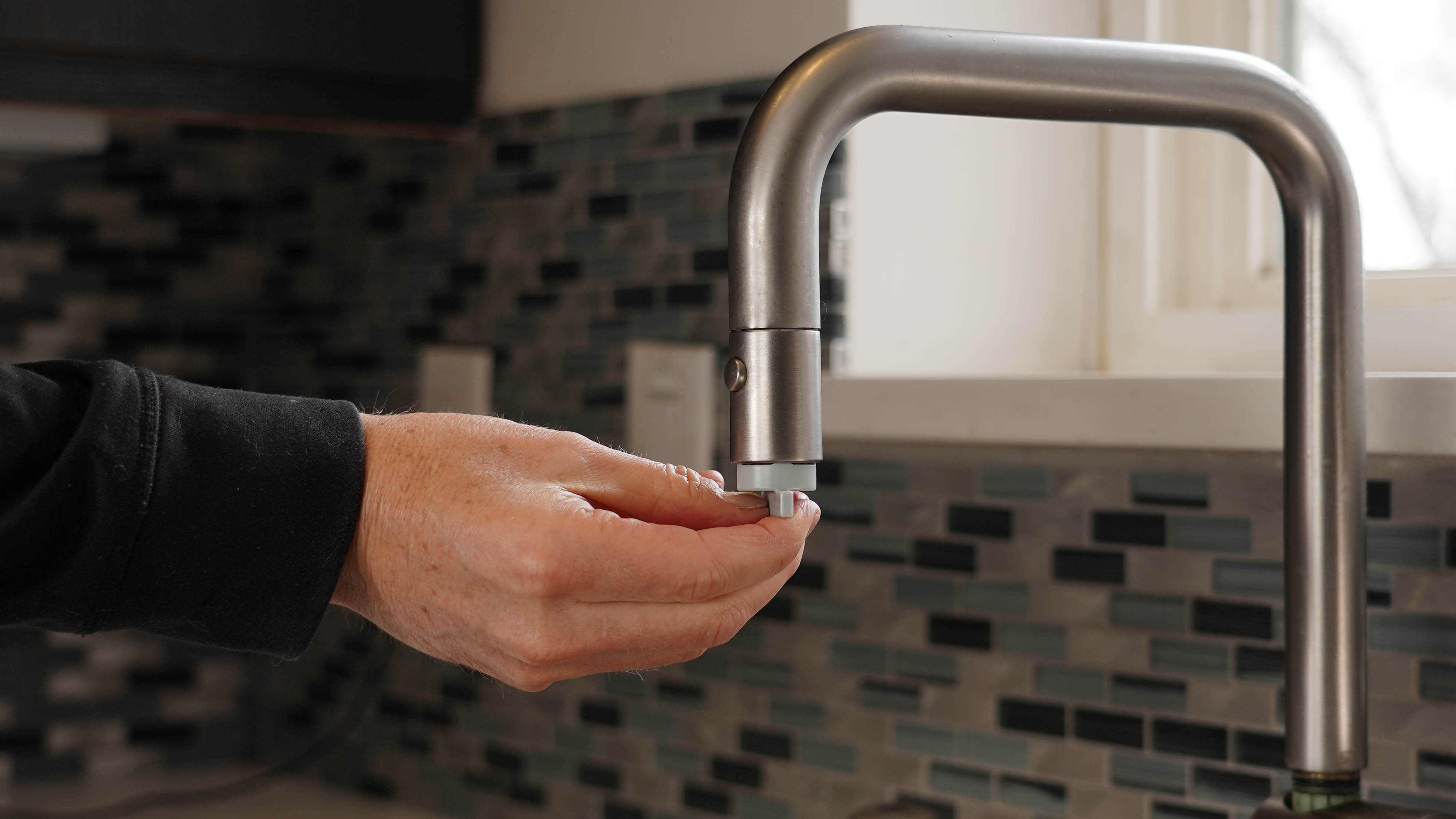
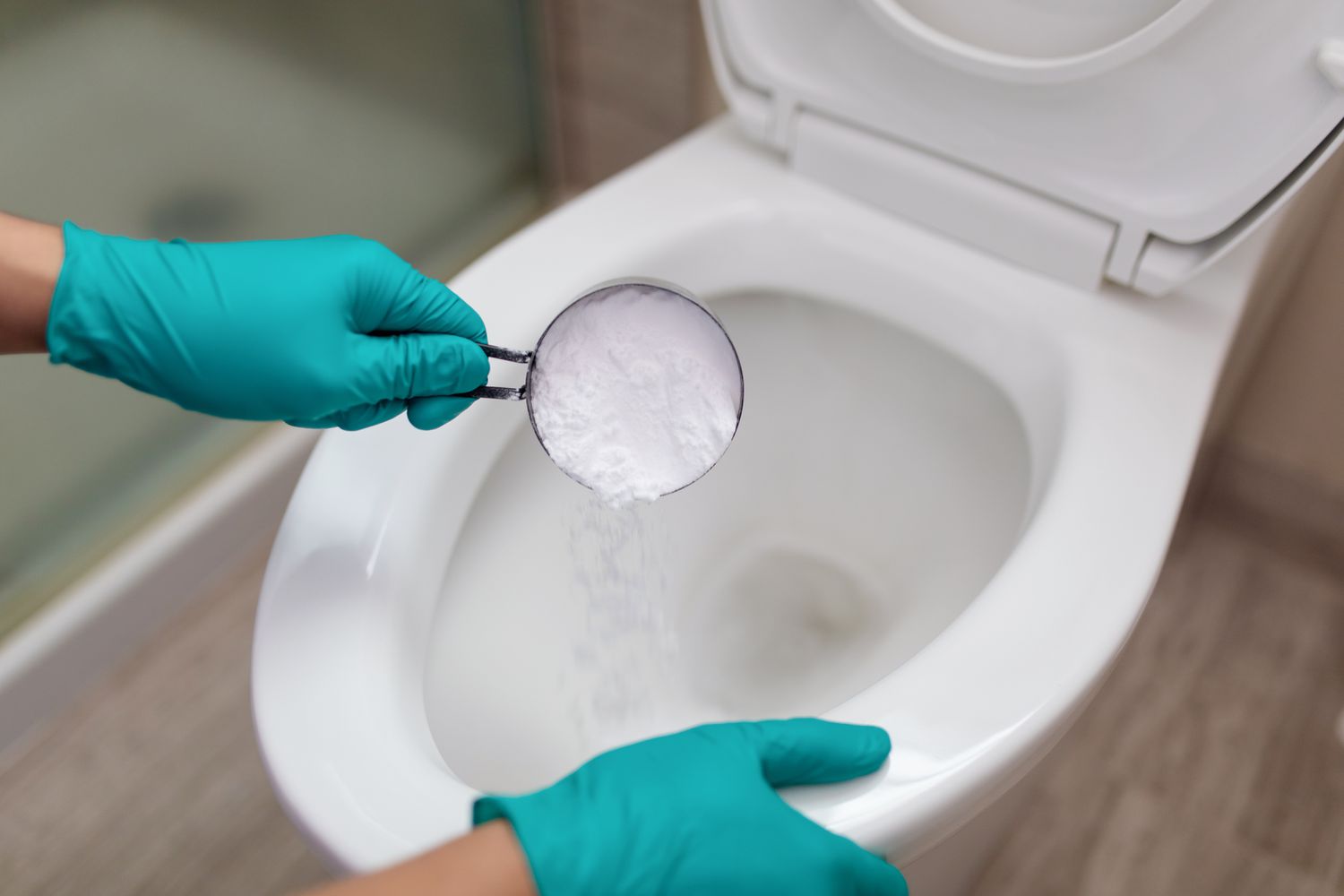
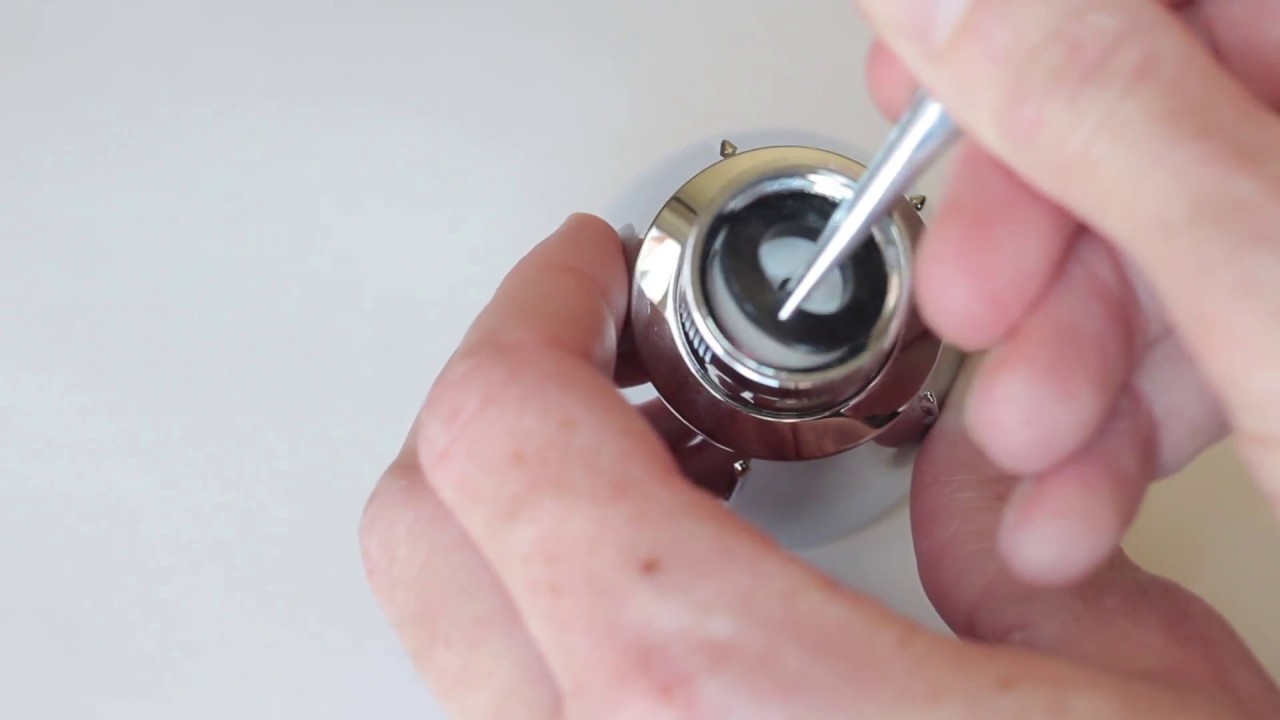
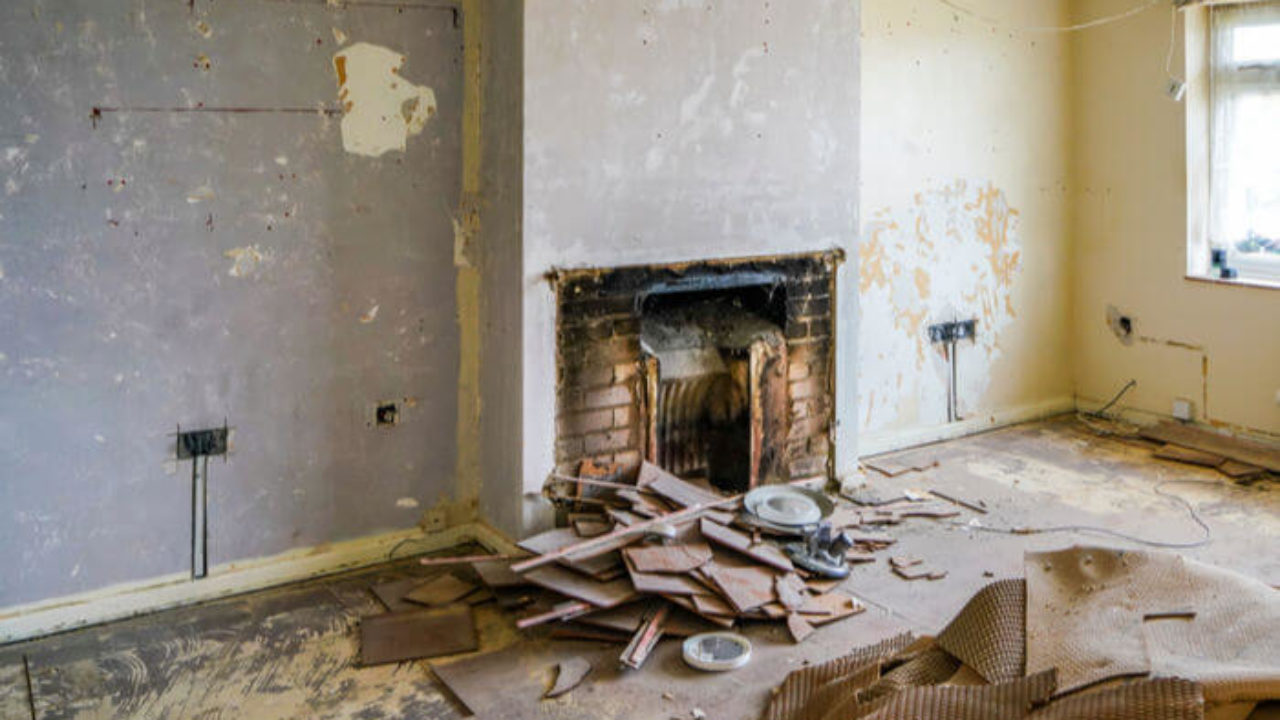
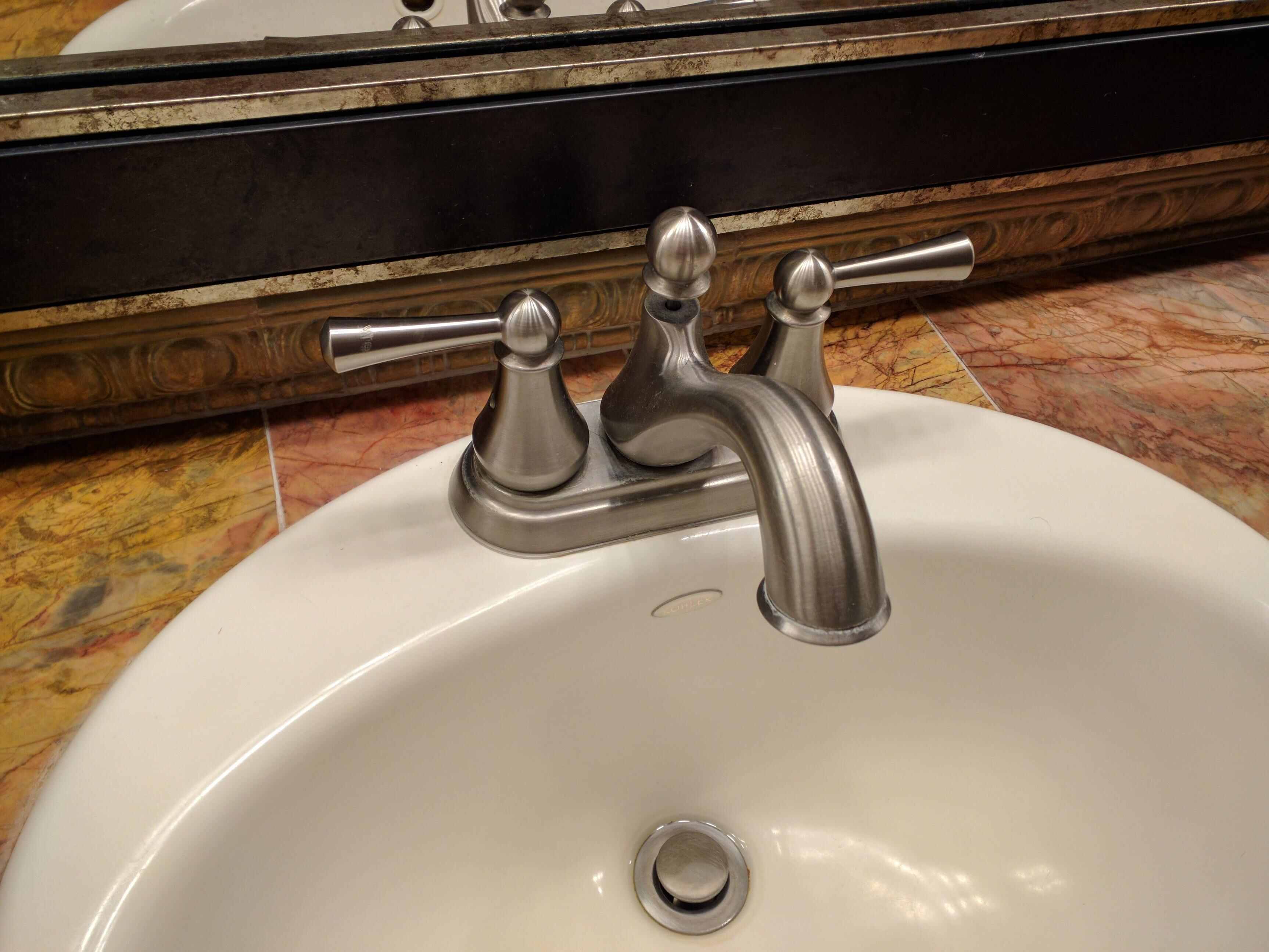
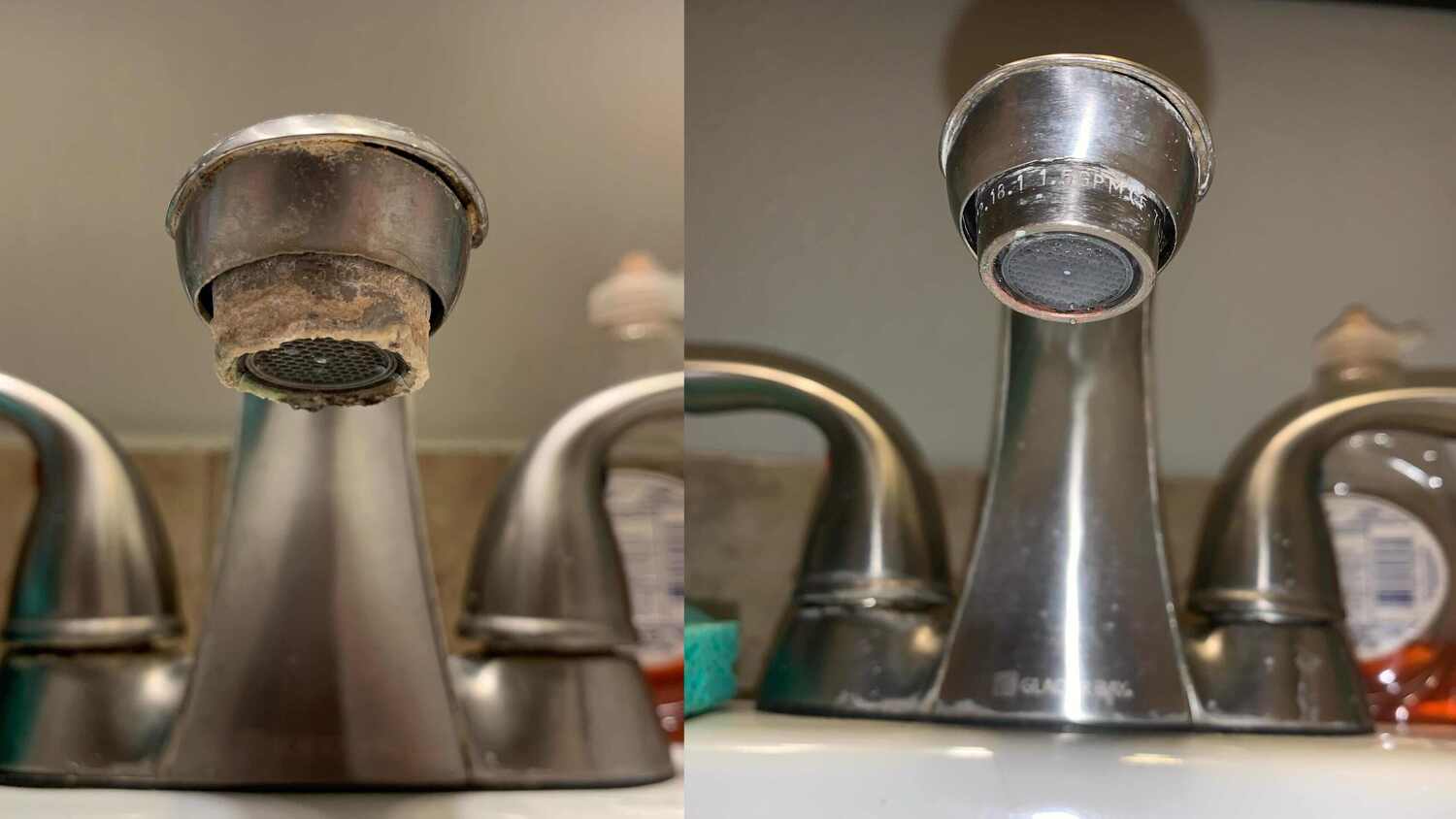

0 thoughts on “How To Remove Hard Water From Faucet”